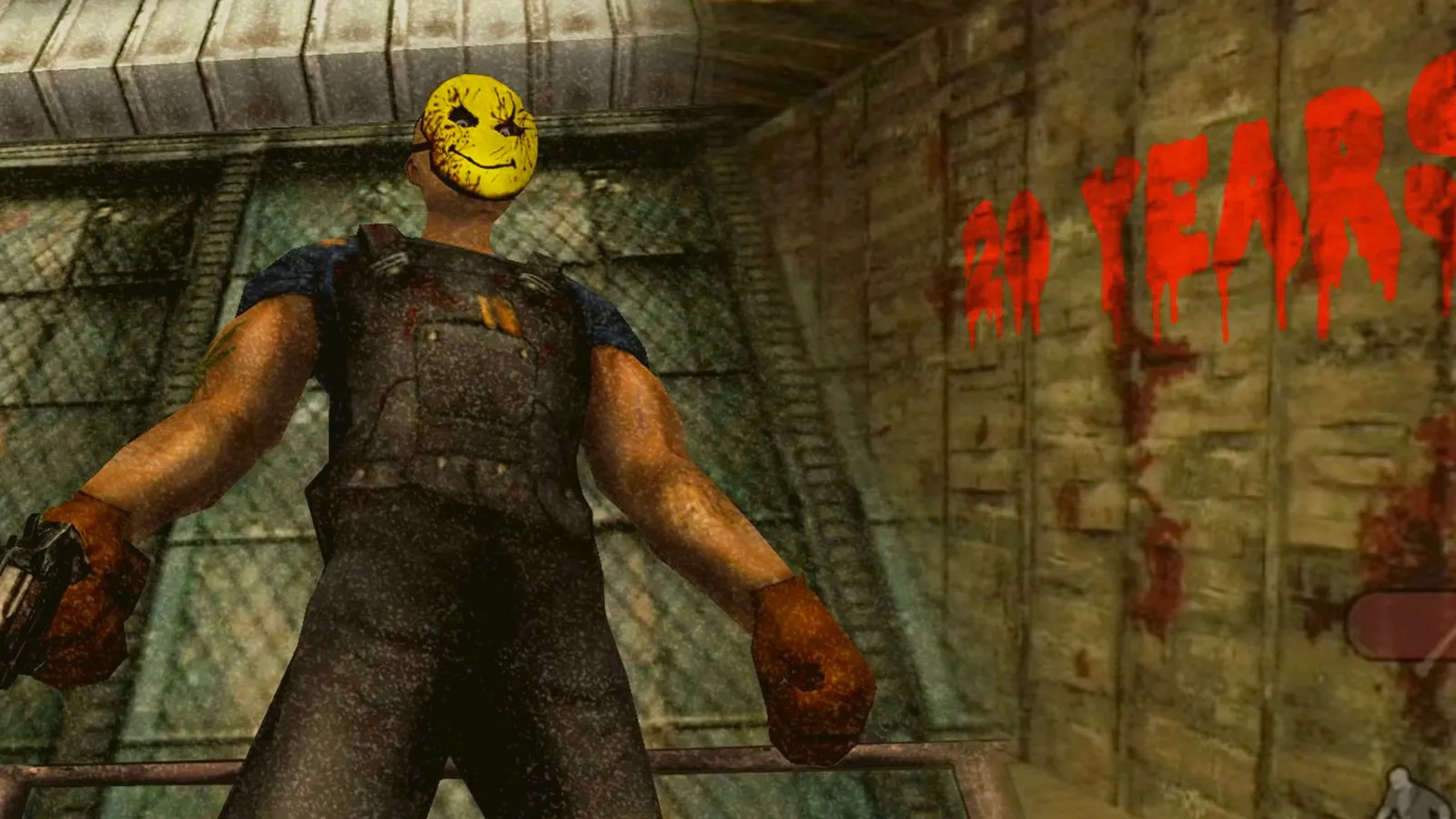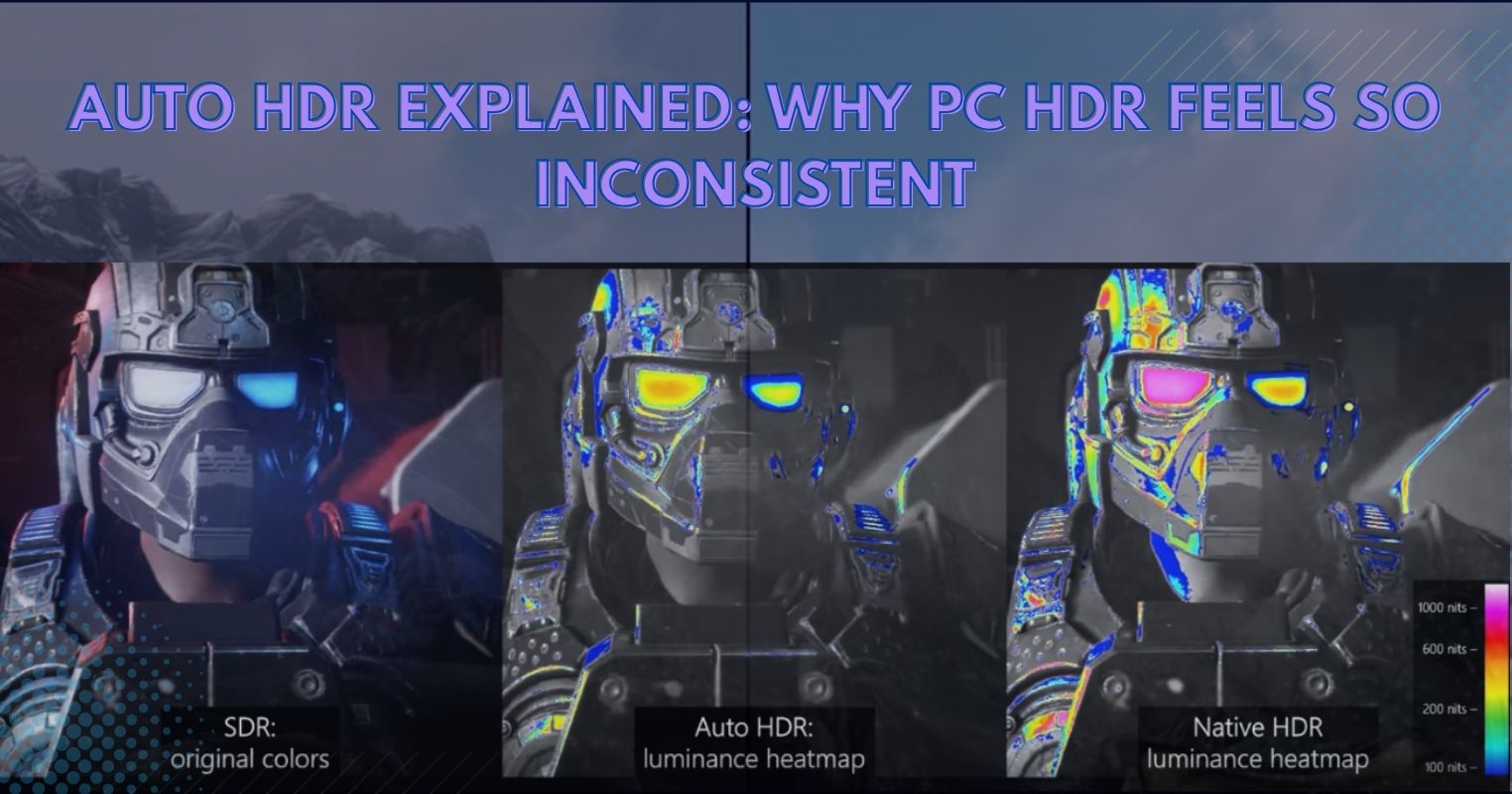- Time loops are an interesting concept, but they can be repetitive in gaming.
- Unlike movies, which skip most of the loop when the plot is progressing, games can’t do that.
- This, mixed with the absurd plot twists, makes time loops a plot mechanic not really suited to games.
Ever since the release of Groundhog Day in 1993, the time loop concept has been frequently used in movies, TV shows, and books due to its interesting and gripping nature.
Even though there are critically acclaimed titles based on time loops like The Outer Wilds, Returnal, and The Legend of Zelda: Ocarina of Time, the concept hasn’t been used as excessively as it has been in other forms of media. And, in my opinion, there are good reasons why.
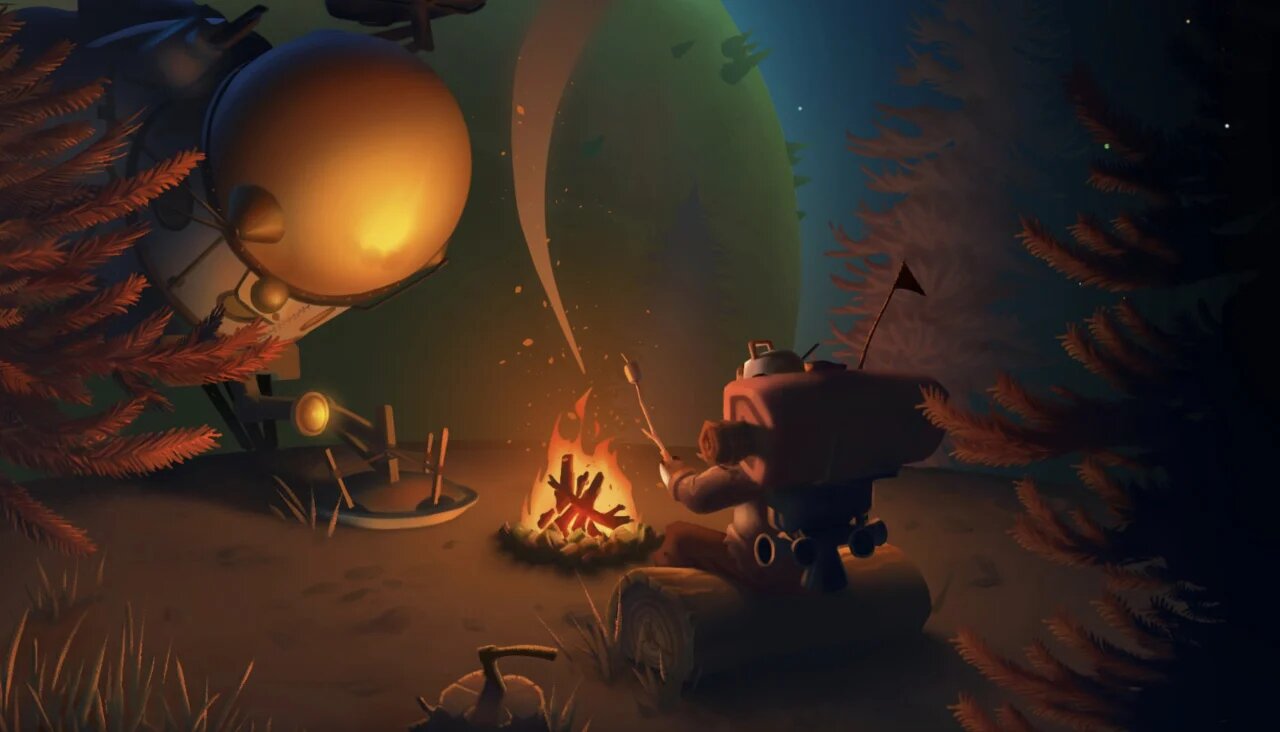
Why It Matters: Time loop games can be a really profitable niche genre, but due to certain factors, they don’t translate well.
Time Loops In Games Are Repetitive
The basic premise of a time loop is that the person going through it has to live the entire duration over and over again until they figure a way out. Hence, if an important event is taking place later in the loop you still have to go through the entire loop.
When the plot progresses in time-loop movies, the first part of the loop is skipped, and we go straight to the important events in question, but that’s not the case in games, making loops repetitive.
Take Annapurna Interactive’s 2021 adventure title, Twelve Minutes, which gives you control of a husband stuck in a 12-minute time loop.
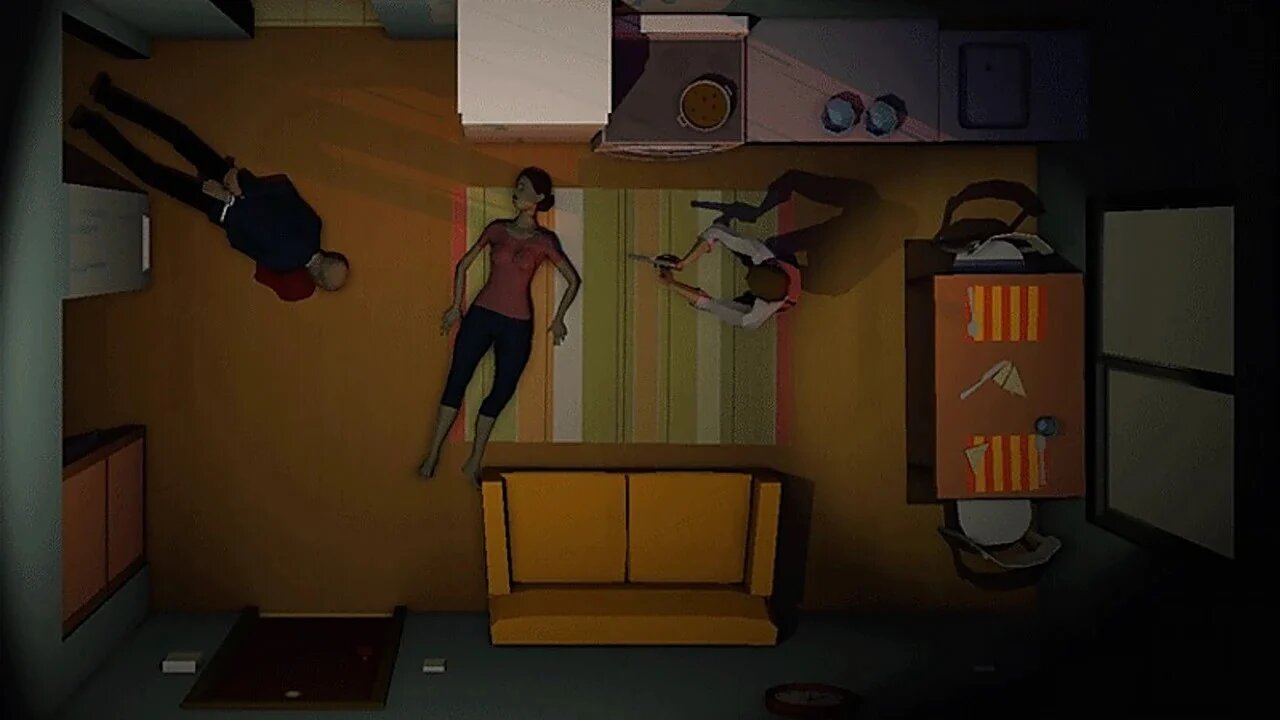
In the game, you have to stop a hitman from barging in and killing you by trying to figure out the mystery behind this break-in. Initially, the loop’s duration seems short, but once you finish two-thirds of the game, the first half of the time loop is redundant.
You Still Have To Go Through The Loop
Once the husband figures out the hitman’s motivation and finds a way to stop him, you have nothing new to do in the first 5-6 minutes of the loop, making it a slog to get through.
Furthermore, you still have to perform the tasks that stop the hitman over and over again in the final third of the game so you can move the plot ahead and find who killed your wife’s father.
At one point, the repetition gets so excessive that you have nothing to do but watch your wife cry before the hitman arrives while still having to do the tasks that stop the hitman, making the experience feel like more of a chore in the final third.
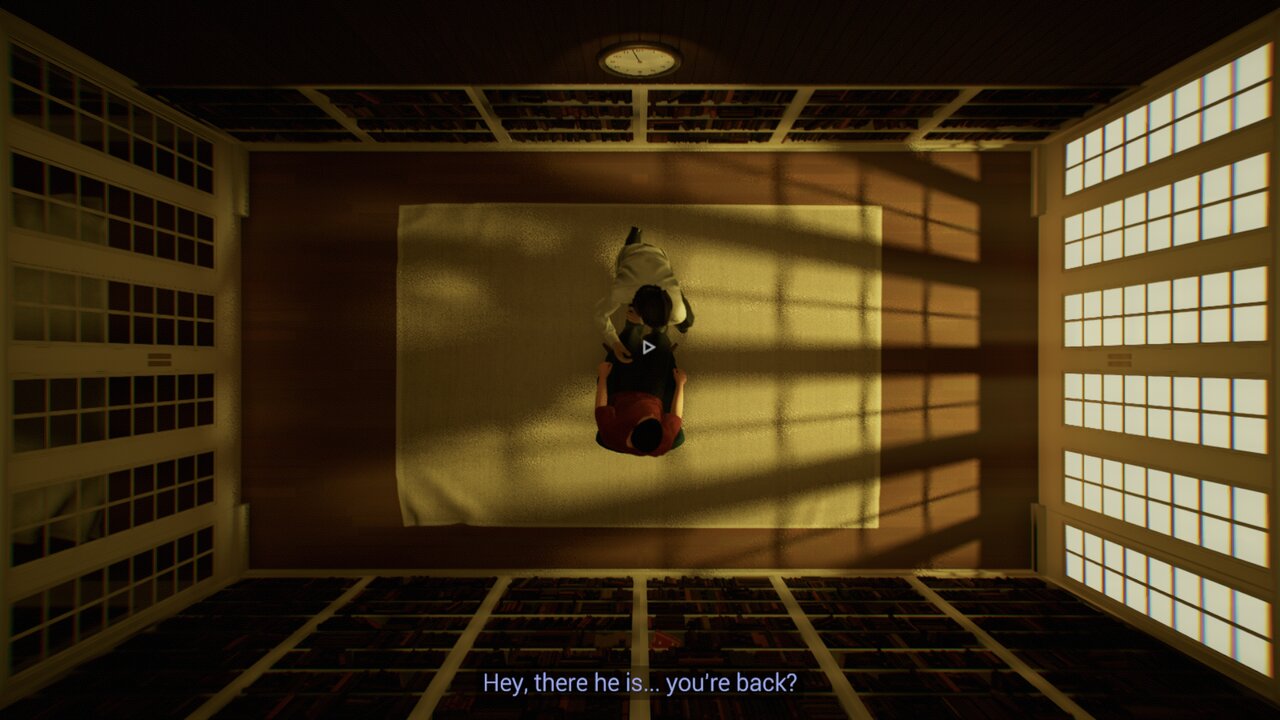
You can say that this is due to bad writing, and you may be right because even the developers give up and make you wait the first 5 minutes near the game’s ending. However, the concept of time loops does restrict creativity, and you can’t deny that.
In addition, even when we reach the point in Twelve Minutes where you can do nothing but wait, the tasks required to stop the hitman still need to be performed, making the entire experience rather exhausting.
Absurd Plot Twists
Another facet of the time loop genre that doesn’t really translate well to gaming is the ridiculous plot twist ending. Some movies like Happy Death Day pull this trope off but others use the plot device just for the sake of it and Twelve Minutes is one example.
At the end of the Annapurna Interactive title, you learn that the loop and all the events you went through were taking place inside your head during a conversation with your father. This is the game’s canon ending, and it is rather unsatisfactory.
There is no build-up or hints to suggest this will happen, making it seem like the ending is just for the shock gotcha value.
Other time loop media also have this problem, and it is a defect in the concept itself as it tries to make the experience feel worth it by putting an absurd twist in the end. Hence, this aspect, in addition to other things, makes translating the concept into gaming tricky and tedious.
Thank you! Please share your positive feedback. 🔋
How could we improve this post? Please Help us. 😔
Shameer Sarfaraz has previously worked for eXputer as a Senior News Writer for several years. Now with Tech4Gamers, he loves to devoutly keep up with the latest gaming and entertainment industries. He has a Bachelor’s Degree in Computer Science and years of experience reporting on games. Besides his passion for breaking news stories, Shahmeer loves spending his leisure time farming away in Stardew Valley. VGC, IGN, GameSpot, Game Rant, TheGamer, GamingBolt, The Verge, NME, Metro, Dot Esports, GameByte, Kotaku Australia, PC Gamer, and more have cited his articles.



